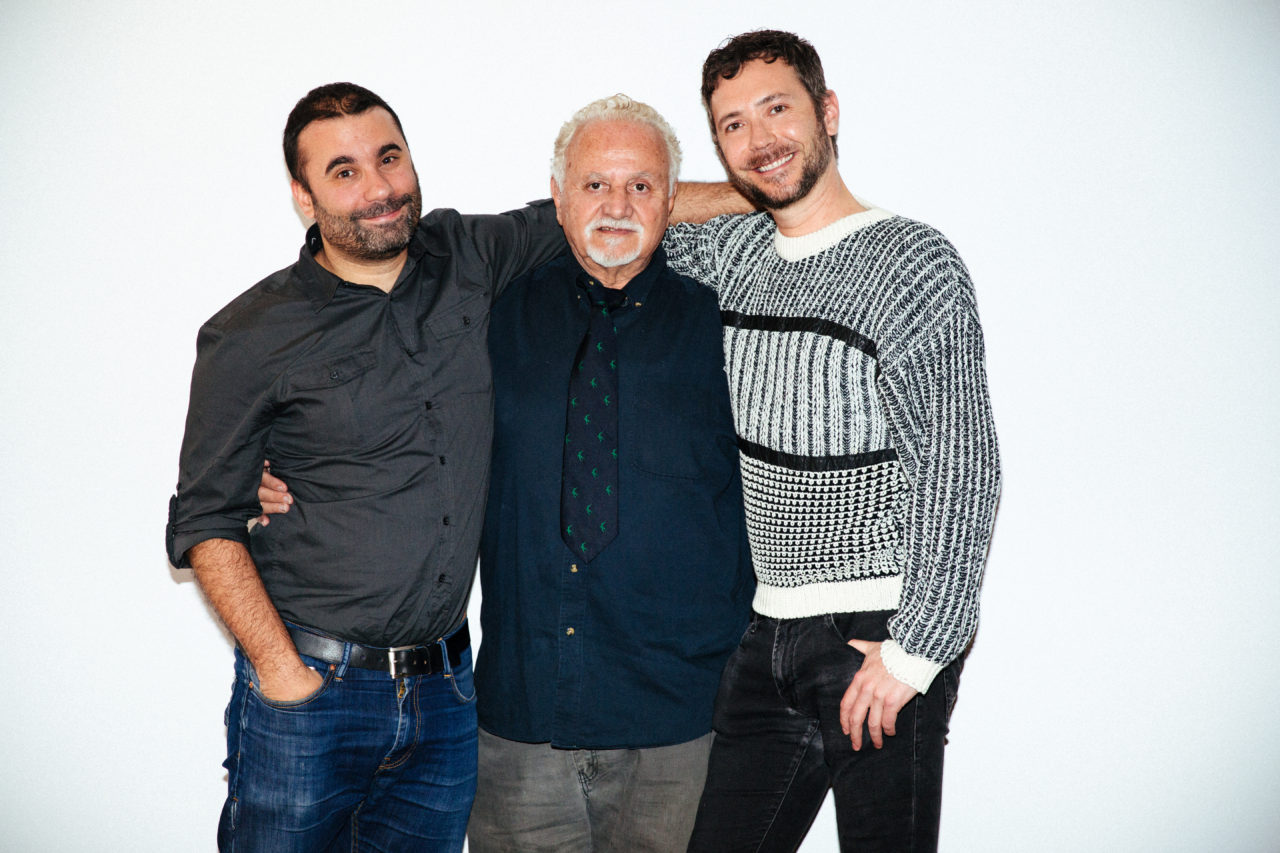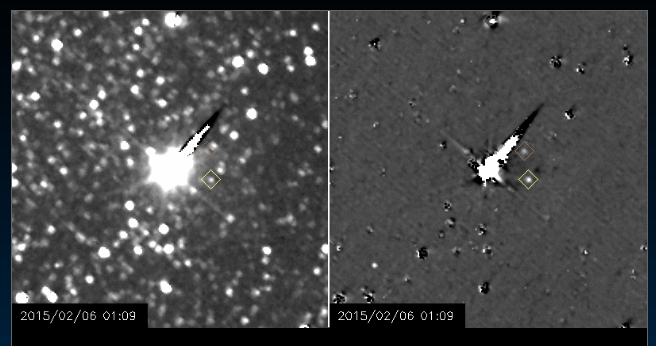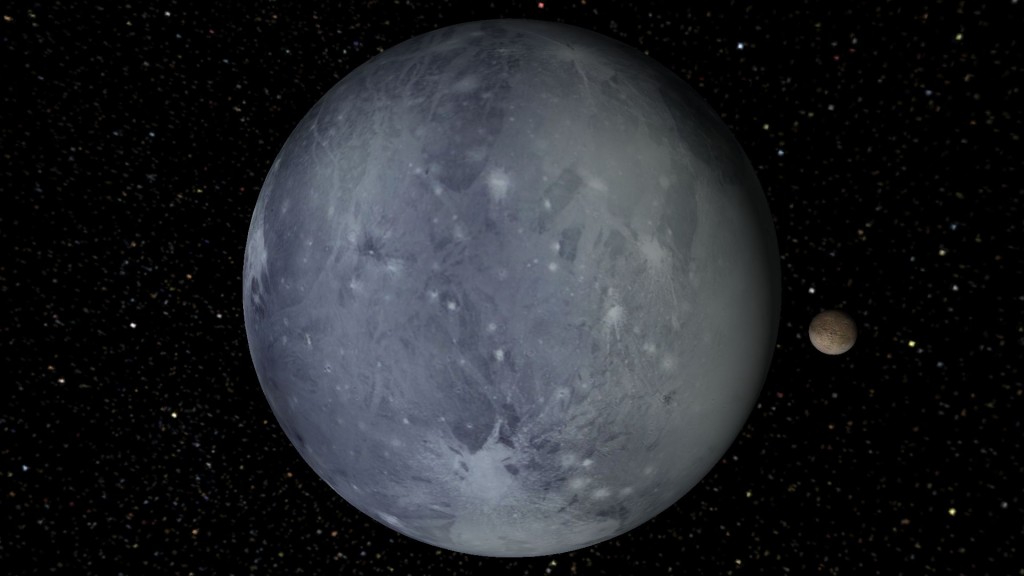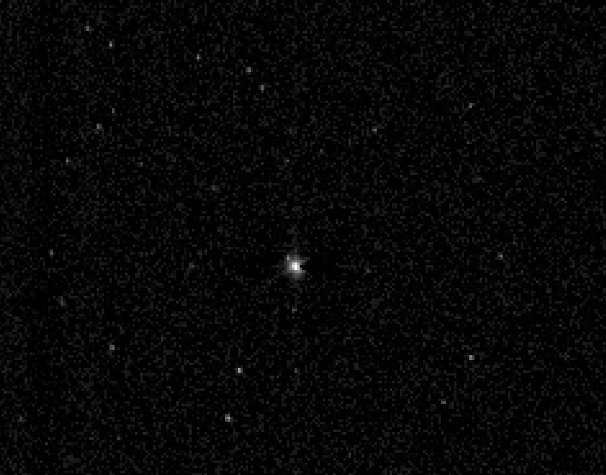 For the past two years now, I’ve been organizing queer readings in Montreal. It’s been sporadic. The events have had different names, different locations, different themes. But now, after putting on close to a dozen, I thought it was time to turn it into a singular series.
For the past two years now, I’ve been organizing queer readings in Montreal. It’s been sporadic. The events have had different names, different locations, different themes. But now, after putting on close to a dozen, I thought it was time to turn it into a singular series.
The Violet Hour is Montreal’s queer reading series. It takes place every two months or so in the off hours of Stock Bar, a gay male strip club in the Village.
I got the idea to host a series of readings after my book first came out. I felt there was a lack of venues for queer writers to read at. Most of us are with small, independent publishers and we often don’t get invitations to literary festivals, nor are we included in most other mainstream series.
I’ve been involved in Montreal’s writing community for over a decade now and looking around I saw tons of queer writers who were publishing new work or working on material. I also had writer friends from out of town who were looking for opportunities to read in Montreal, but there were none.
Conversely, I also had book-loving friends looking for new reads. These friends knew little of the queer writers in their own city working to tell our stories.
The solution seemed obvious.
I’m happy that there seems to be a growing interest in the event. I’ve counted between 40-60 people at each Violet Hour, which is significant for a literary event.
The next event is planned for Tuesday, February 14, and it’s a fundraiser for Head and Hands. But even though it’s Valentine’s Day, don’t expect warm and fuzzy stories. I’ve asked my readers to bring stories of love, lust and loss – a whole gamut of literary emotions.
If you want to find out about future events, follow The Violet Hour on Facebook.





